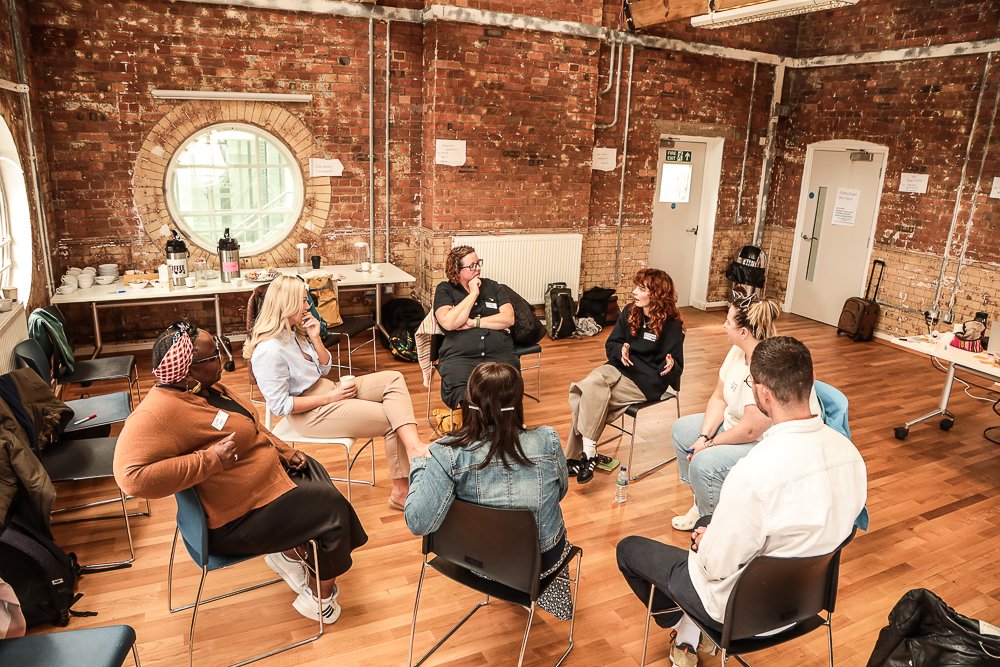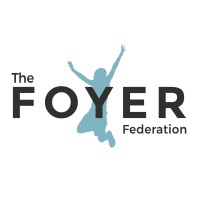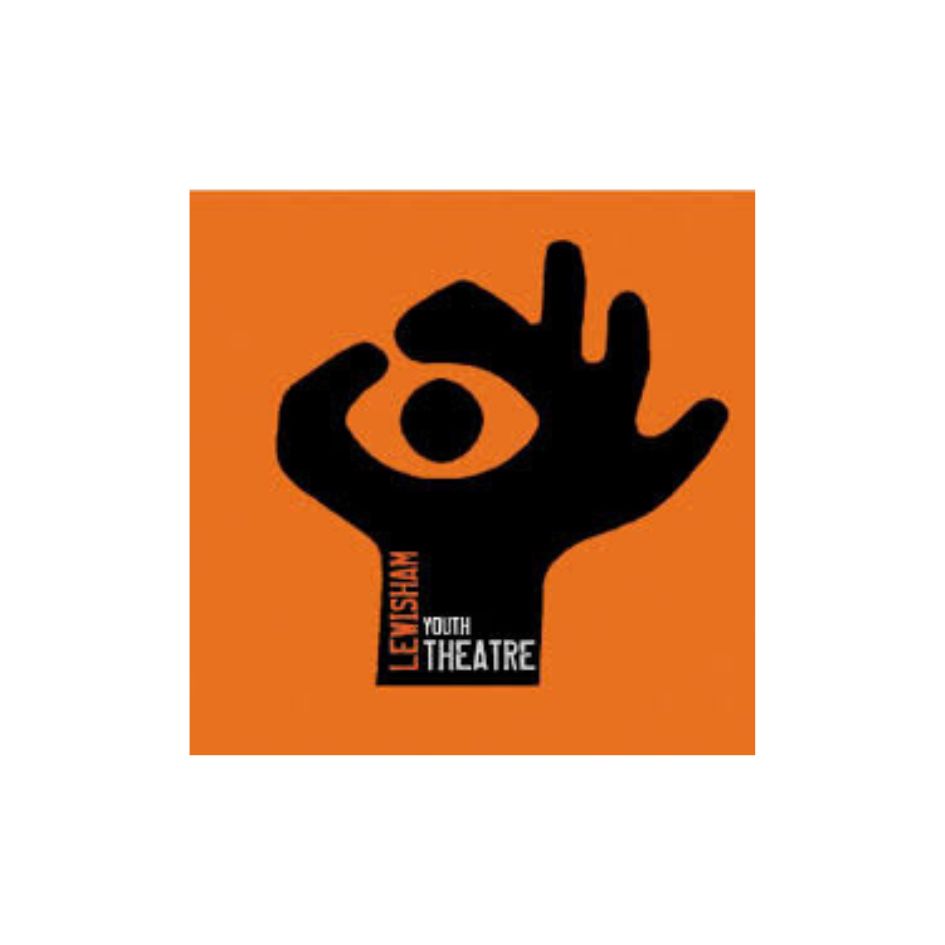At NeuroTribe UK, we deeply value collaboration and partnership with fellow charities, community organisations, and educational institutions, including schools, colleges, and universities. Our mission is to provide comprehensive support and therapeutic services to individuals across neurodiverseA group of people whose brain functions differently from the (usually neurotypical) perception of what is “normal”. For example, those with autism, Asperger’s syndrome, dyslexia, dyscalculia, dyspraxia, ADHD, OCD or Tourette Syndrome. and culturally diverse communities, and by working together, we can extend our reach and impact.
We warmly welcome referrals from organisations seeking quality mental health and wellbeing services for their members, students, service users, or clients. Understanding the diverse needs of the individuals we serve, we also offer the option for clients to self-refer, ensuring a pathway to support that is accessible and empowering.
Please download our referral form or book a free 20-minute assessment call using the buttons below. This is an opportunity to discuss your specific needs and understand how we can tailor our support to benefit your community.
Are you a manager responsible for the wellbeing of helping professionals in social care, special education, therapy, and youth work or mental health? NeuroTribe UK is here to empower your team on their professional journey. Our Reflective Practice support service offers a transformative path of self-examination and personal growth, while enhancing clinical skills and navigating ethical challenges.
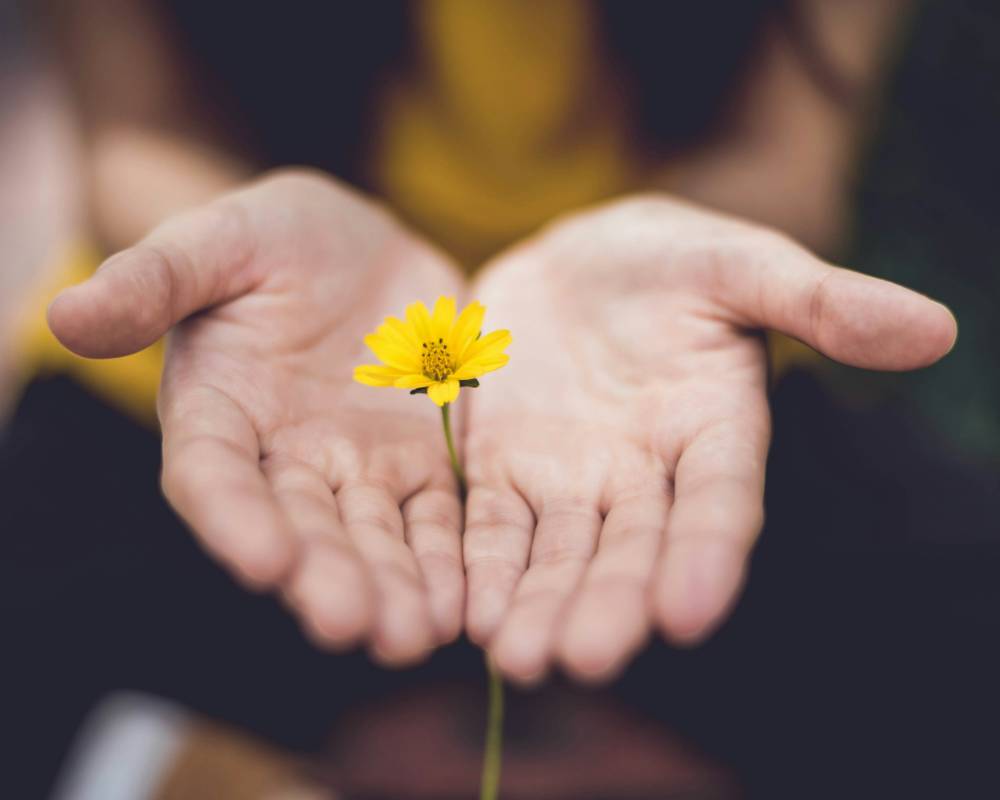
We deliver engaging and experientialInvolving or based on direct experience combined with self-reflection. DiversityThe deliberate inclusion in a group or activity of people who are, for example, of different cultures, gender identities, sexual identities, ages, financial statuses and religions. & InclusionThe act of including a person as part of a group with equal opportunities, equity and resources, who might otherwise be excluded or marginalised. training for businesses, charities and NGOs, combining creative activities, team games, self-reflection and presentations. Our professional practitioners harness their expertise in cultural diversityThe deliberate inclusion in a group or activity of people who are, for example, of different cultures, gender identities, sexual identities, ages, financial statuses and religions., neurodiversityHow human brains and minds differ. The Neurodiversity Movement is an approach that seeks equal rights, respect and inclusion for neurodivergent people who have conditions like autism, Asperger’s syndrome, dyslexia, dyscalculia, dyspraxia, ADHD, OCD or Tourette Syndrome and mental health inclusionThe act of including a person as part of a group with equal opportunities, equity and resources, who might otherwise be excluded or marginalised., helping staff at all levels to navigate equityWhen all groups are given access to the same opportunities and the specific appropriate resources for them to be able to access those opportunities: Equity recognises that the exact resources needed by each person or group to achieve equal outcomes and opportunities may differ. , foster discussions, combat stereotypes, understand biasPrejudice for or against one person or group, especially in a way considered to be unfair., and manage wellbeing issues,
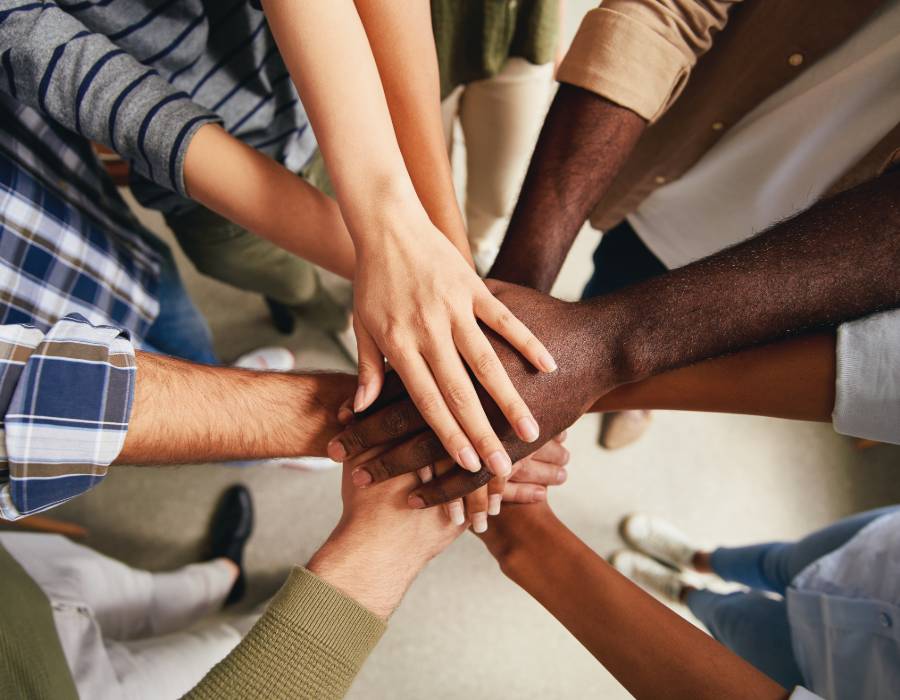
Our popular online Creative Path CPD course makes use of creative techniques to help you access experiences at a sensory level that can act as a bridge to the unconscious, offering new insights in your own reflective practice and in your work with clients. In a small, closed group of mental health professionals from varied modalities and backgrounds, we meet for a monthly creative-informed skills CPDThe learning activities professionals complete to maintain and develop their knowledge and skills. workshop, followed by a group supervision session.
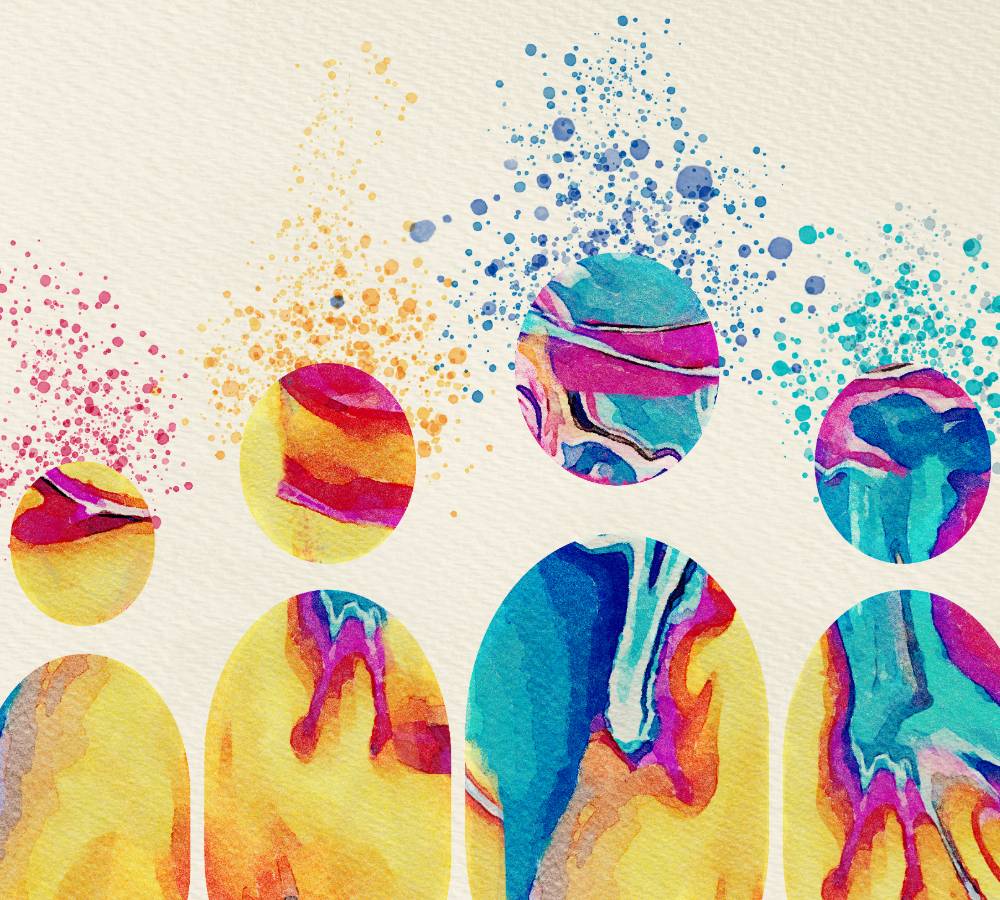
NeuroTribe UK and Facilitation 101 have joined forces to offer a new Trauma-Informed Facilitation Training programme. Combining in-person workshops with online modules, the course equips facilitators with the knowledge, confidence and tools to create safer, more inclusive spaces. You’ll explore how trauma shows up in groups, develop practical approaches for supporting participants, and learn ways to care for your own wellbeing while handling challenging dynamics. Bursaries available.
